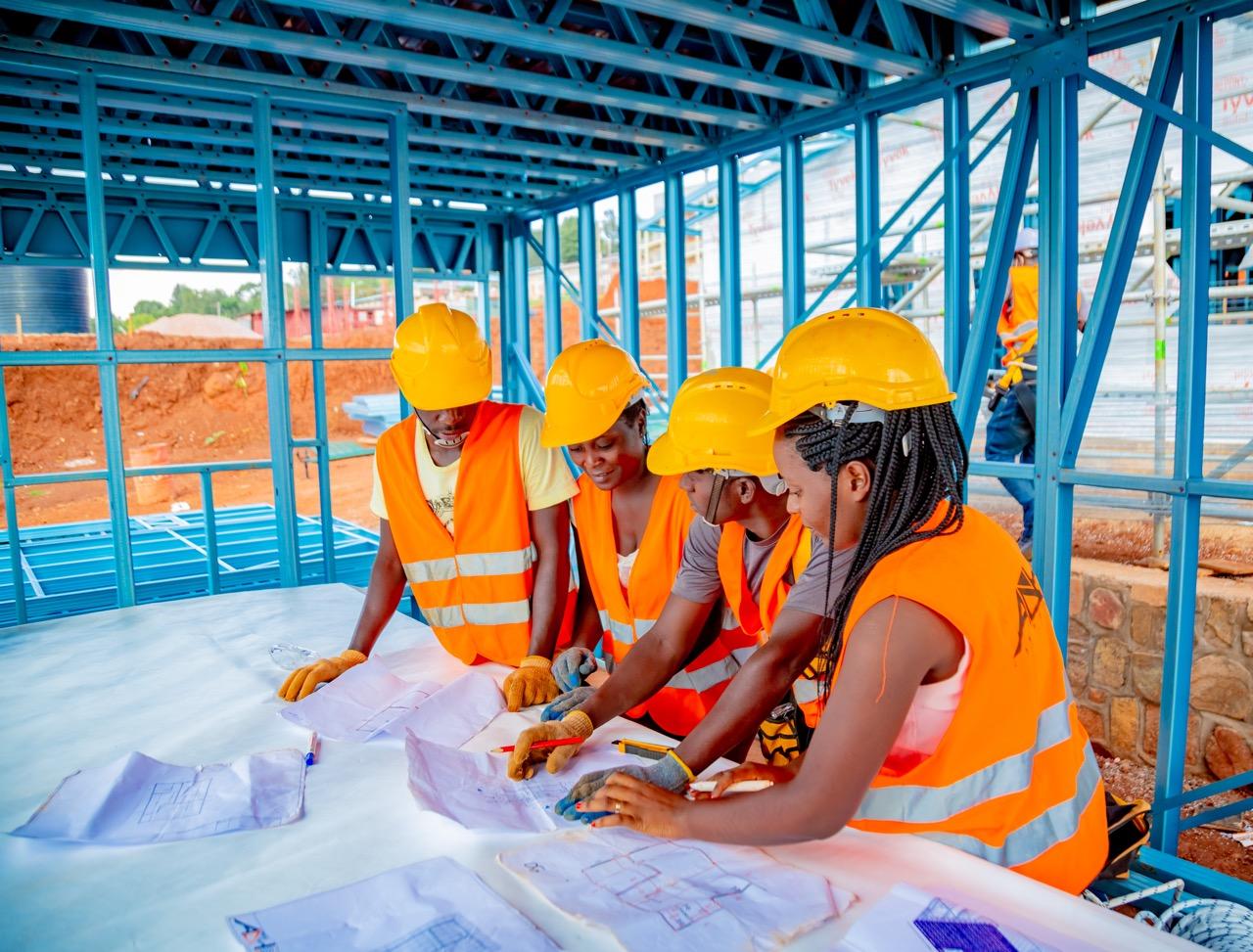Africa-Press – Rwanda. The global volume for buildings is set to double by 2060. As Africa continues its rapid rate of urbanisation, main cities are becoming the home to an additional 40,000 people each day; with this, the demand for adequate housing is increasing exponentially, without which many people will find themselves without a roof over their heads.
The African housing market has a few local developers with the technical expertise and financial strength to build large scale projects and solve the affordable housing shortage.
Housing challenges are not only African; the UK is also currently facing profound governance challenges with the conjunction of a deepening housing crisis, climate change, Brexit, and the post Covid-19 aftermath.
However, the UK’s approach and process to addressing this situation offers a unique opportunity for nations like Rwanda in particular, and in general other Commonwealth countries;
● Green, sustainable, and affordable housing demand in England is estimated at 340,000 new homes per year, of which 145,000 should be affordable.
● Britain Build Back: construction will need 216,000 new skilled workers by 2025 to meet this demand, and key trades in the construction industry are currently in short supply.
● The opportunity for the Rwandan and African workforce, therefore, becomes clear: Less than a year is required to prepare fully-skilled and certified, English-speaking workers, who are particularly specialised in green sustainable LGSF (Light Gage Steel Framing), and an EPS Light Concrete construction system.
These construction systems have been specifically noted by the UK as solutions to tackle construction emissions, conserving energy, carbon footprint reduction, to increase construction and delivery durations, using off-site assembling and modularity,
Increase accuracy, avoiding recalls, reducing volume of materials and waste, and finally to drastically reduce the cost (and increase affordability) of new homes.
● Furthermore, Rwanda and African nations in general have a high youth unemployment rate. Of Africa’s nearly 420 million youth aged 15-35, one-third are unemployed and discouraged, another third are vulnerably employed, and only one in six is in wage employment.
● The advantages to the UK of employing Rwandan and African skilled green builders are:
– Increases wealth in the UK,
– Keeps wages and prices relatively stable, and – helps fill employment requirements.
● The advantages to Rwanda would be as follows:
– Workers that go abroad get professional experience and business ownership, – They earn foreign exchange,
– There is reduced domestic unemployment rate,
– Rwanda’s wealth increases,
– It reduces social and economic instabilities.
Currently 120 future trainers are being prepared hands-on, the target being to train, skill and employ these trainees, or to facilitate them in starting their own business. The objective being to certify and train 5000 workers in the next 3 years. Rwanda has already the only center in Africa certified to award construction diploma level 2, and certified by NOCN-C skills Awards, the leading and largest assessment and awarding organisation in UK
Scaling up is possible if the UK and Rwanda can collaborate. Rwanda (and Africa as a whole) needs workers to become expatriates into the UK and the Commonwealth in general to return with entrepreneurial skills and develop capacity to tackle the housing and construction shortage in the fast-urbanising Africa.
It is, therefore, a mutually benefitting and win-win cooperation model. Considering the German-Turkish model in construction as an example, that resulted in Turkish workers gaining developer and contractor business experience, that allowed Turkey to be ranked the third largest in the global construction market, and in a very short time, allowing that all the advantages listed above to come to fruition, indeed we need this kind of Experienced companies to fill the above mentioned gab in Africa
This cooperation is in the spirit of the Commonwealth economic and cooperation policies, with the UK already having established a “Skilled Worker Visa”, which allows eligible workers to take up jobs with an approved employer in the UK.
For More News And Analysis About Rwanda Follow Africa-Press






